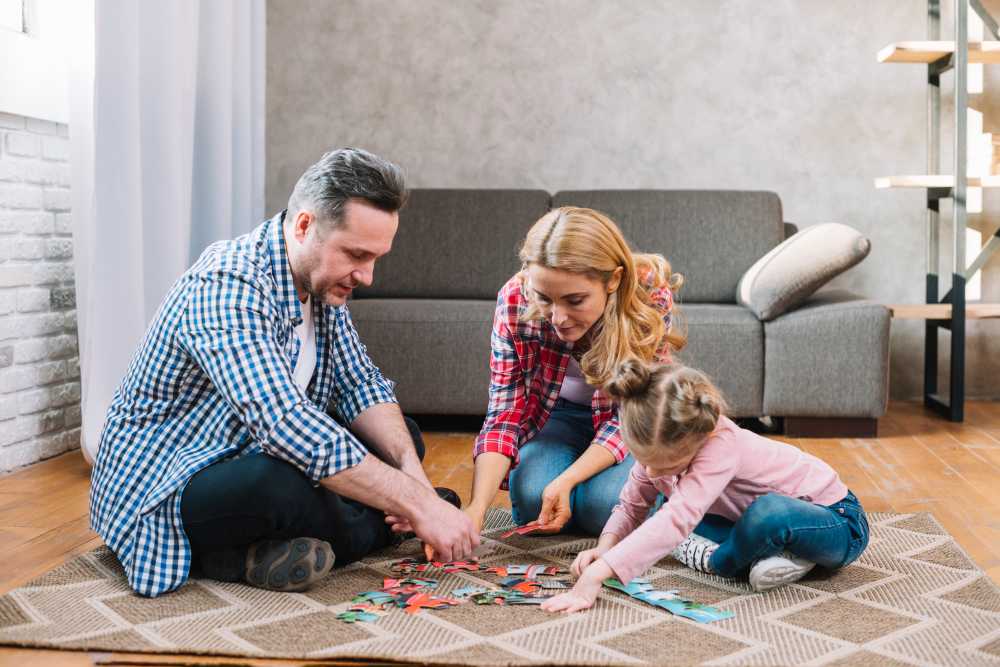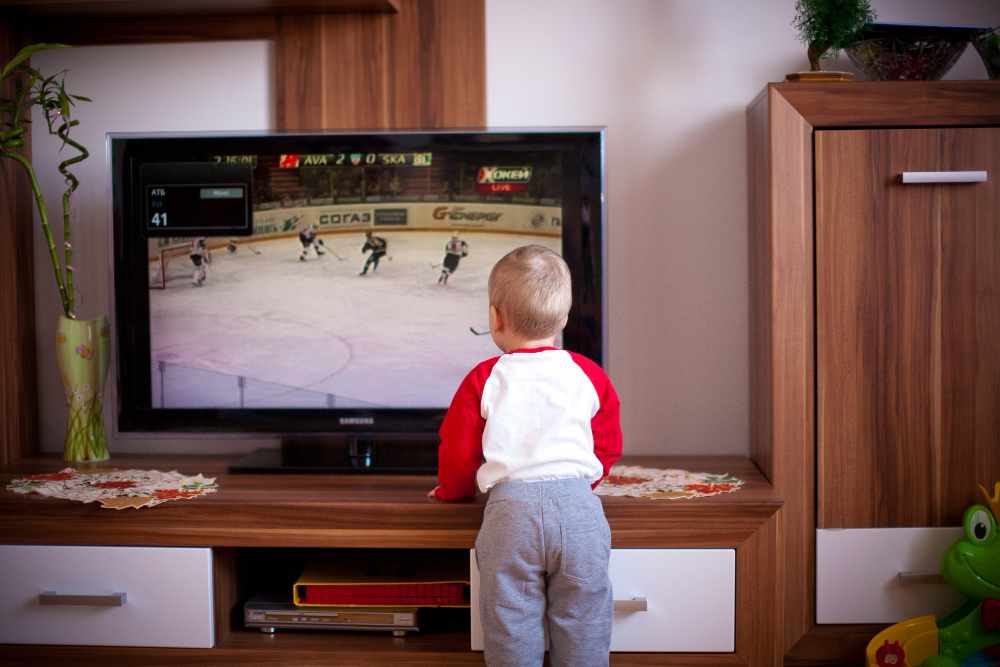Playing games with children is an important aspect of their development, as it provides a variety of benefits that help to promote their physical, mental, and emotional well-being.
One of the most important benefits of playing games with children is the opportunity to bond and build strong relationships with them. Whether it’s a board game, a card game, or a game of tag, playing games together can create a sense of closeness and shared experiences that can help to strengthen family bonds. This is especially important in today’s fast-paced world where many families struggle to find quality time to spend together.
Another key benefit of playing games with children is the opportunity to develop social skills. Games that involve taking turns, sharing, and communicating effectively can help children to learn these important skills in a fun and engaging way. Additionally, playing games can also help children to develop their problem-solving, critical thinking, and decision-making skills. These are essential life skills that can help children to navigate the complex world around them with confidence and resilience.
Physical activity is also an important aspect of playing games with children. Many games involve running, jumping, and other physical movements which can help children to stay active and healthy. This is especially important given the growing problem of childhood obesity and the associated health risks.
Emotional well-being is another important aspect of playing games with children. Games can be a fun and safe way for children to express themselves and release pent-up emotions. This can help to promote emotional well-being and reduce the risk of mental health issues such as anxiety and depression.
Playing games can also be educational and can help children learn new skills and concepts in a fun and engaging way. For example, games that involve counting, matching, and memory can help children to develop their math and memory skills. Additionally, games can also foster creativity and imagination in children.
Playing games with kids is important for a number of reasons:
- Bonding: Playing games with children can be a great way to bond with them and build strong relationships.
- Social skills: Games provide an opportunity for children to learn and practice social skills such as taking turns, sharing, and communicating effectively.
- Mental stimulation: Games can challenge children’s minds and help to develop problem-solving, critical thinking, and decision-making skills.
- Physical activity: Many games involve physical activity, which can help children to stay active and healthy.
- Emotional well-being: Games can be a fun way for children to express themselves and release pent-up emotions, which can help to promote emotional well-being.
- Learning: Games can also be educational and can help children learn new skills and concepts in a fun and engaging way.
- Creativity: Games can also help to foster creativity and imagination in children.
- Memory: games that require remembering sequences, patterns, or rules can enhance children’s memory.
Overall, playing games with children can be a fun and enjoyable way to spend time together while also promoting their physical, mental, and emotional development.
In conclusion, playing games with children is an important aspect of their development. It provides a variety of benefits that help to promote their physical, mental, and emotional well-being. Playing games with children can create a sense of closeness, help children develop social skills, physical activity, emotional well-being, and learning, and foster creativity and imagination. It’s a simple and enjoyable way to spend time with children, and parents and caregivers should make it a priority in their daily routine with their kids.
![]()











